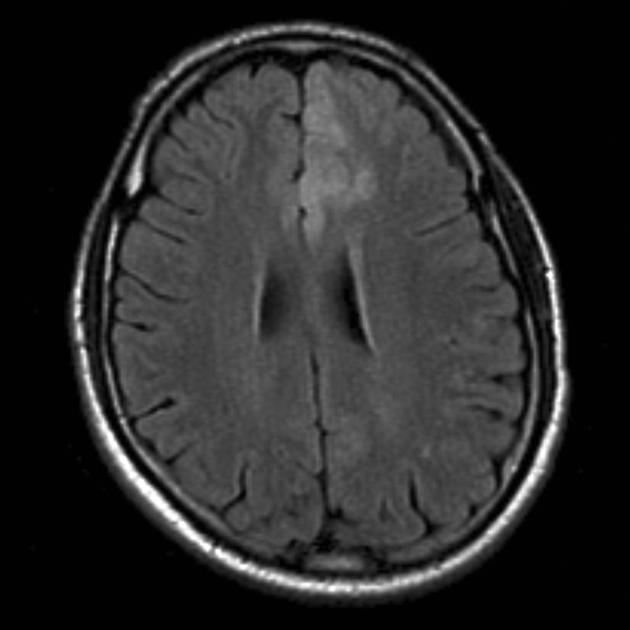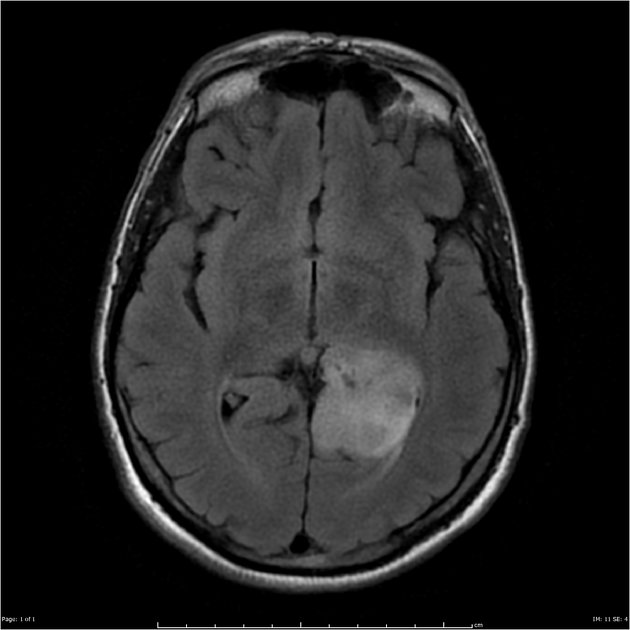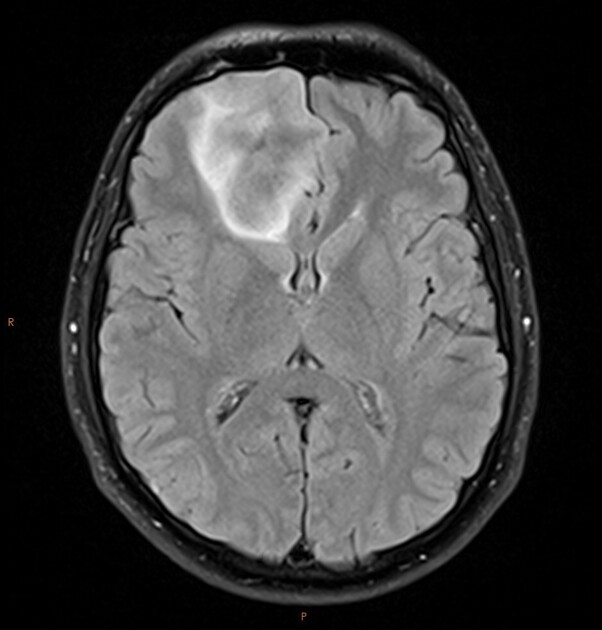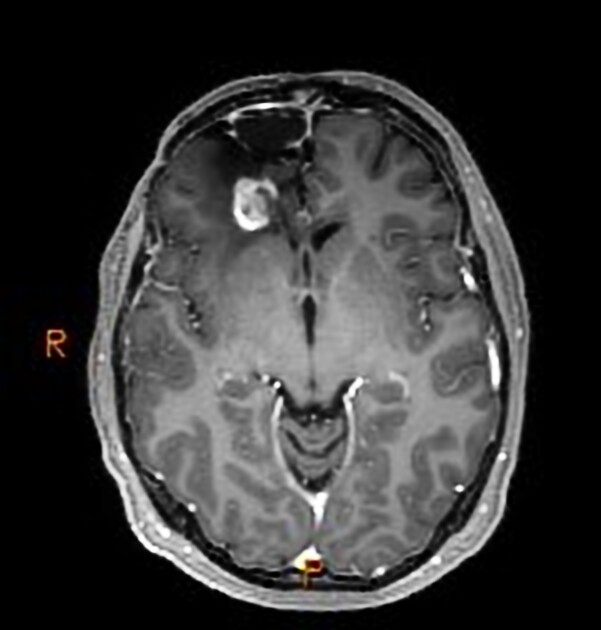Grading of diffuse astrocytic tumors in adults has been done according to a number of systems over the years, although by far the most popular now being the WHO grading system.
Historically these grading systems focussed on the presence or absence of a number of histological features, although genetic/molecular markers have been introduced into the grading schema 3,6:
Histological features historically used include:
cellular atypia/anaplasia
mitotic activity
microvascular proliferation
necrosis typically with perinecrotic palisading
Classification systems include:
World Health Organization (WHO) grading system (most common)
Direct equivalence between the grades of various grading systems is of course not possible (otherwise they wouldn't be different systems), and thus care should be taken to state which system is being used and, in some situations, which edition; for example, the 5th edition (2021) WHO classification of CNS tumors suggests prefacing the grade by "WHO CNS" 4,6.
It should be noted that it is well recognized that pathological classification has a high interobserver variation and thus imperfectly predicts clinical outcomes 5.









 Unable to process the form. Check for errors and try again.
Unable to process the form. Check for errors and try again.